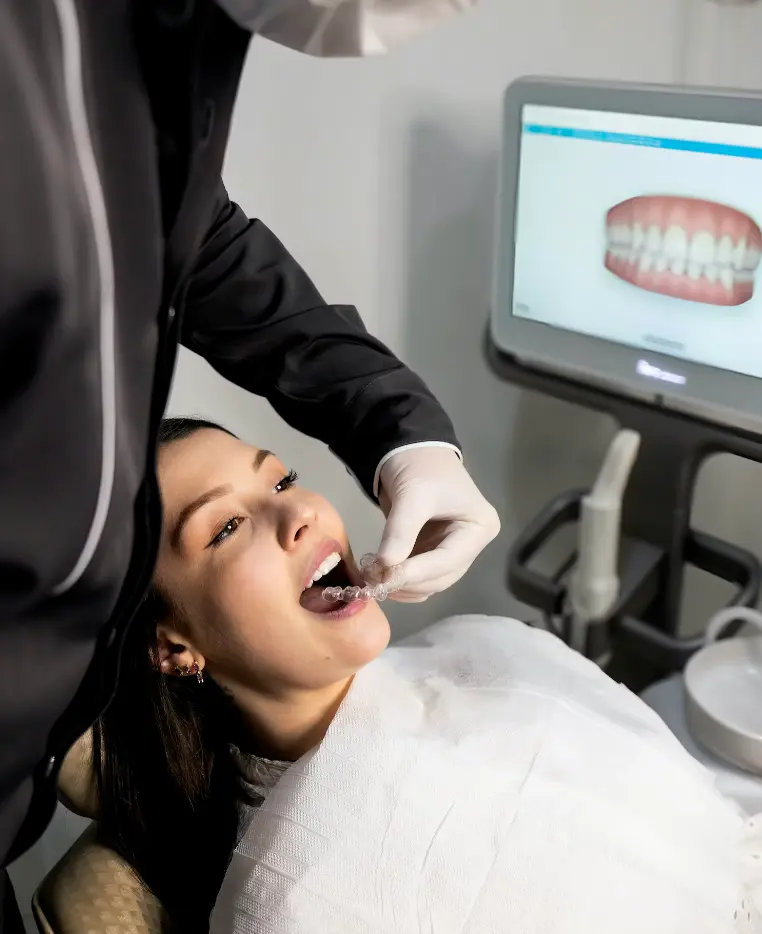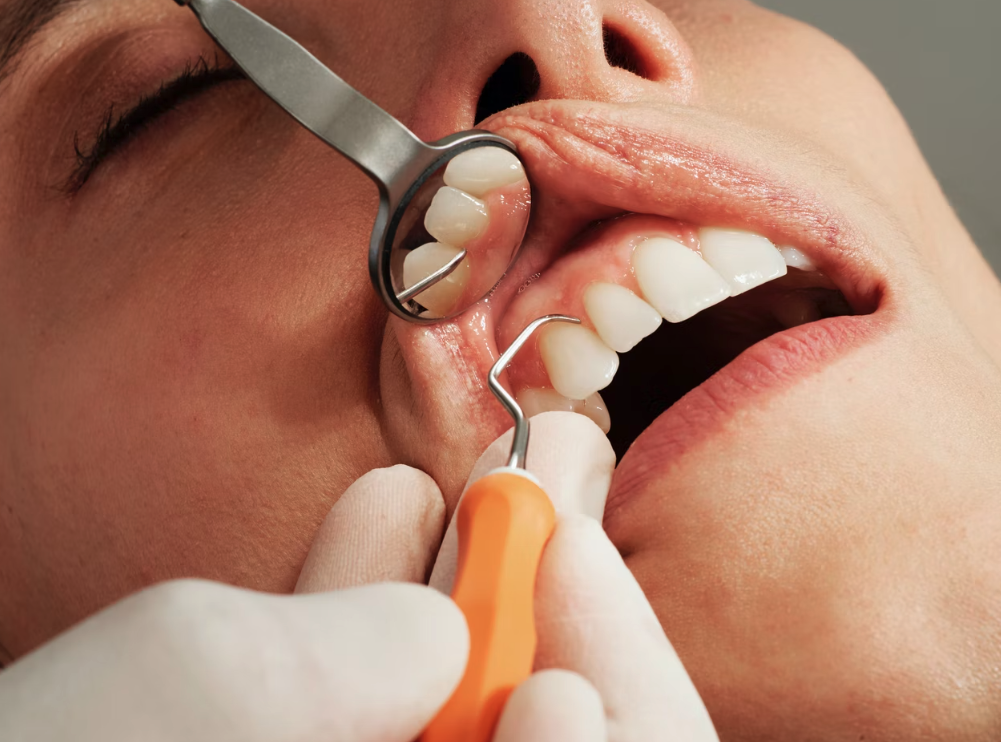Cavities, also known as dental caries, are common dental problems that occur when bacteria in the mouth produce acids that erode the enamel of your teeth. Understanding whether cavities can spread and how to prevent this can help maintain better oral health.
Can a Cavity Transfer from One Tooth to Another?
A cavity itself cannot physically jump from one tooth to another. However, the bacteria that cause cavities can spread throughout your mouth and affect multiple teeth. Here’s how it happens:
- Bacterial Growth: The same bacteria that create a cavity in one tooth can multiply and spread, affecting nearby teeth.
- Acid Production: When you consume sugary foods and drinks, these bacteria produce acids that can damage the enamel on multiple teeth.
- Plaque Buildup: Plaque, a sticky film of bacteria, can form on your teeth. If not removed regularly through brushing and flossing, plaque can lead to cavities on different teeth.
How Do You Stop a Cavity from Spreading to Other Teeth?

Preventing cavities from affecting other teeth involves good oral hygiene and regular dental care. Here are some effective ways to stop the spread of cavities:
- Brush and Floss Regularly: Brush your teeth at least twice a day with fluoride toothpaste and floss daily to remove plaque and food particles between your teeth.
- Limit Sugary Foods and Drinks: Reduce your intake of sugary snacks and beverages, as they provide food for bacteria that produce cavity-causing acids.
- Regular Dental Check-ups: Visit your dentist every six months for a professional cleaning and check-up. Your dentist can detect early signs of cavities and provide treatment before they worsen.
- Use Mouthwash: Antibacterial mouthwashes can help reduce the number of bacteria in your mouth, lowering the risk of cavities.
- Chew Sugar-Free Gum: Chewing sugar-free gum stimulates saliva production, which helps neutralize acids and wash away food particles and bacteria.
- Eat a Balanced Diet: A diet rich in fruits, vegetables, and dairy products can strengthen your teeth and reduce the risk of cavities.
How Do You Know If a Cavity Has Spread?
Identifying whether a cavity has affected multiple teeth or if a single cavity has worsened involves looking for specific symptoms and seeking a professional diagnosis. Here are some signs that may indicate the spread or worsening of a cavity:
- Persistent Toothache: Continuous pain in one or more teeth can signal that cavities are present.
- Sensitivity to Hot and Cold: Increased sensitivity when consuming hot or cold foods and drinks may indicate cavities.
- Visible Holes or Pits: Cavities can create visible holes or pits in the affected teeth.
- Staining: Dark spots or stains on the teeth can be signs of cavities.
- Bad Breath: Persistent bad breath or a bad taste in your mouth may be caused by bacteria from cavities.
If you notice any of these symptoms, it’s important to see your dentist for a thorough examination. Your dentist can use X-rays and other diagnostic tools to determine the extent of the cavities and recommend appropriate treatment.
Is It Common to Get Cavities Between Teeth?

Yes, it is common to get cavities between teeth. These areas are called interproximal cavities, and they form for several reasons:
- Hard-to-Reach Areas: The spaces between teeth are harder to clean with regular brushing, making them more susceptible to plaque buildup.
- Food Traps: Food particles can easily get stuck between teeth, providing a food source for bacteria.
- Inadequate Flossing: Not flossing regularly allows plaque to accumulate between teeth, increasing the risk of cavities.
To prevent cavities between teeth, it’s essential to floss daily and consider using interdental brushes or water flossers to clean these hard-to-reach areas effectively.
Conclusion
While a cavity itself cannot directly spread from one tooth to another, the bacteria responsible for cavities can move throughout your mouth and lead to decay in multiple teeth. Good oral hygiene practices, such as regular brushing, flossing, and dental check-ups, are crucial in preventing the spread of cavities. Recognizing the signs of cavities and addressing them promptly with your dentist’s help can ensure that your teeth remain healthy and cavity-free.




